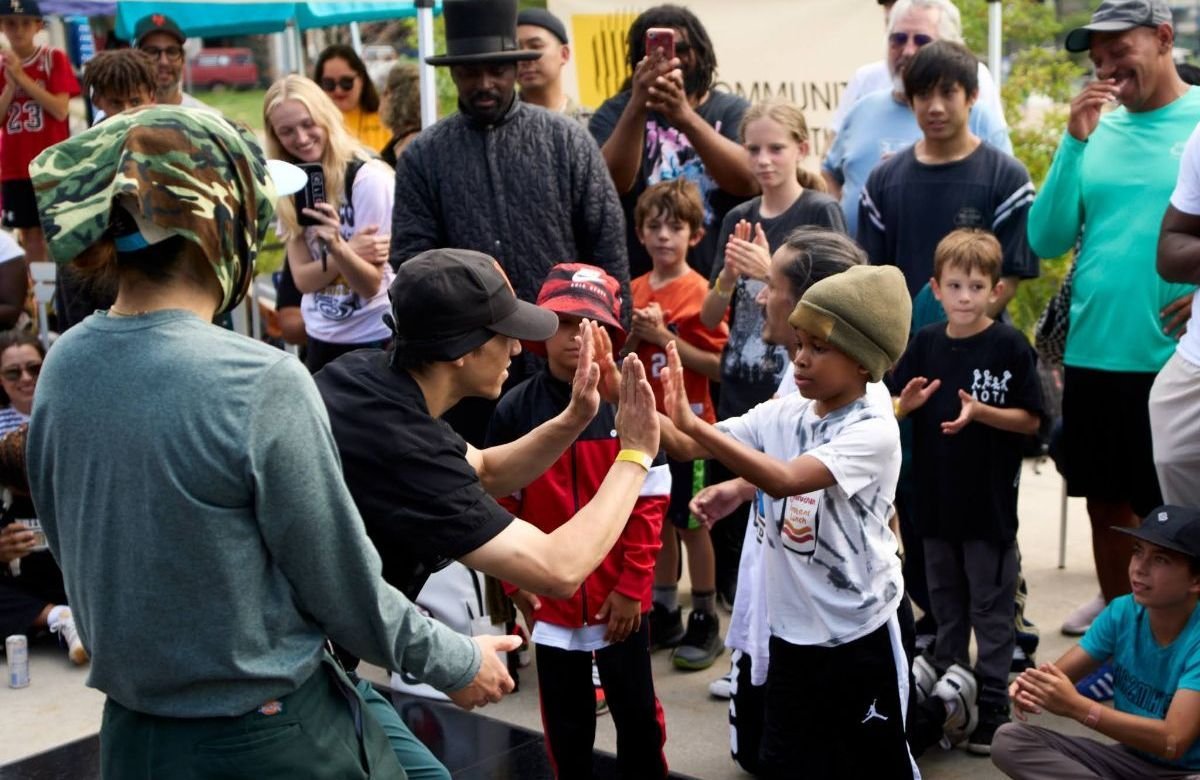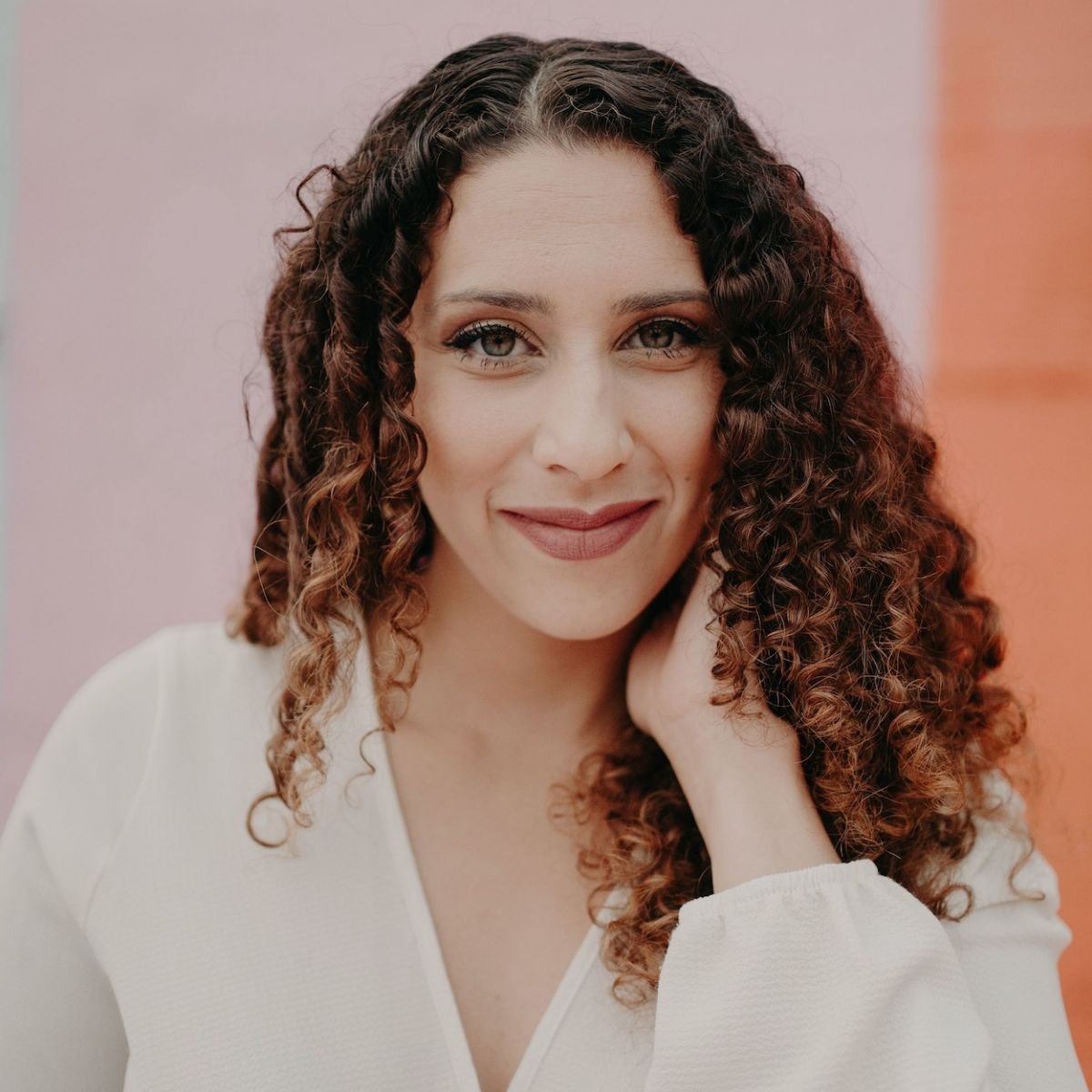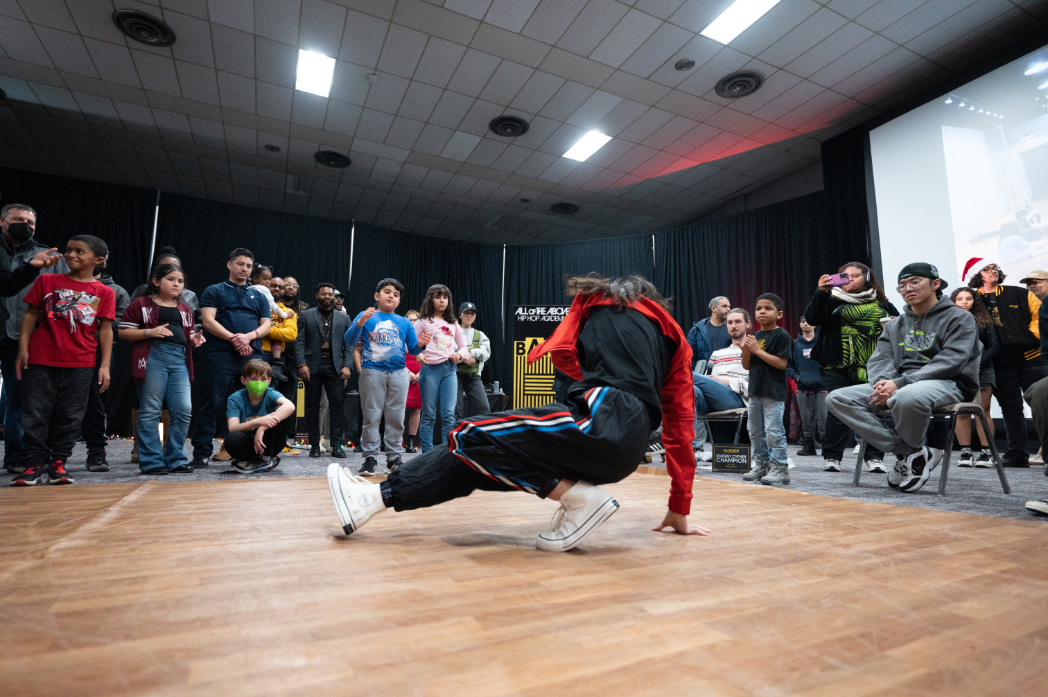5 Things You Should Know About Breaking
“During the Fall Semester of 2024/2025, AOTA partnered with Professor Cristian Labaren Sanchez and his RCAH Community Engagement Course at MSU.
Part of that partnership included a team of Social Media Interns. One of their projects was to create blog posts centered around topics that many ask questions about when they hear about our work.
Please enjoy the following topic written by Angelina Franzese, RCAH Social Media Intern”
Pictured Left: Glyde from Dynamic Rockers one of the original breaking crews started in the ‘70s | NYC
Pictured Middle: Bbirl Konatsu of Supernaturalz Crew | Canada
Pictured Right: Bboy Peanut of SelfX and Squadron Crew | California
1. The Beginning of Breaking
The beginning of breaking’ is traced back to New York in the late 1970s. Breaking was primarily seen in marginalized neighborhoods amongst African-American and Latino youth. The style was a product of the hip hop culture movement, the idea that hip hop was more than a music genre, but a community built on empowerment, advocacy, and social justice.
Breaking came about due to a lack of access to the arts, specifically, the minimal dance programs offered to youths. Younger generations found a way to express themselves in different ways, and one of them was dancing. Thus dancing was primarily done at dance parties located in recreation centers and parks. The expression found in breaking is considered acrobatic, aggressive, and musically athletic. However, the most important element of breaking is creativity.
As breaking began to be popularized, breakers, b-boys, and b-girls formed their own moves and shaped the standards of the dance. As breakers continued to hone their dance skills, the competitive element of breaking emerged.
If you’d like to know more about the history of Breaking, watch this film, BREAKING ON THE ONE, scored by our ED Ozay Moore and producer, Tall Black Guy.
2. The Hip Hop Community
As breaking’s history is rich, so is it’s culture. Hip hop culture was the product of African American, Afro-Caribbean, and Latino communities from the 60s and 70s. The elements of hip hop gave younger generations a sense of identity and belonging and provided them with a sense of unity.
Young artists are able to use music, poetry, and dance to express their experiences and emotions. Throughout the hip hop community, workshops, community events, and mentorship programs are placed in hopes of bringing artists together and creating hope for a better future.
Hip Hop has created new forms of expression. The genre has moved past simply entertainment and has fostered an environment where under-recognized voices can be heard and celebrated. The community has created and pushes a movement for social change and empowerment.
An image from AOTA Cap City Jam 2023. Photo by Kendall Lartigue
3. Community Jams
Community Jams are a very important part of the world of breaking and were included in breaking history before the introduction of competitions. Similar to a musician’s jam session, community jams are when dancers come together to share, exchange, and enjoy dancing with one another. This is sometimes done with a DJ. Breakers will get together and attempt new moves together. Typically, jams will bring breakers together in a circle and have them enter the middle one at a time, sharing their skills.
Community jams usually are done at a set time and location. The location could be anywhere from a train station to a professional dance studio, the location does not matter. All you need is music, a time, and a place.
Jamming is a perfect example of the social setting needed for breaking (and other street dance styles). With breaking people are able to communicate with each other without a language barrier simply through the connection they have when dancing.
4. Worldwide Impact
The worldwide impact of breaking skyrocketed due to the media representations in the 1980s. People began to record breakers and they were released to the public in movies such as Wild Style (1982) and Beat Street (1984). Breakdancing was also found in commercials. Crews like the Rock Steady Crew were projected on national and global television,
The rise of social media continued to push breaking to the world. International events became recognized worldwide. This created international breaking discourse. Youtube is one of the most revolutionary additions to a global breaking community. Breakers began watching recording of one another from across the globe. The new videos educated people on the experiences of breakers in different locations and fostered the culture of the breaking community.
Pictured above: DJ Fleg DJing at our Cap City Breaking Jam 2024. DJ Fleg was te official DJ for the Olympics 2024.
5. The Olympics
As many of us know, breaking made it’s long awaited debut as an olympic sport this past summer in Paris. However, breaking has a deeper history with the Olympics than what meets the eye.
In 1984, breaking was performed on the Olympic stage during the Los Angeles Games. Lionel Richie included hundreds of breakers during his performance of “All Night Long” at the closing ceremony. All of these breakers represented different crews of Los Angeles.
This was groundbreaking considering the time. Breaking was considered extreme. The street dance style was thought to be far too radical. Oftentimes the cops were called on breakers and spectators by business owners for loitering. Despite fights from these business owners, breaking was broadcasted for billions to see back at home.


















































































































































